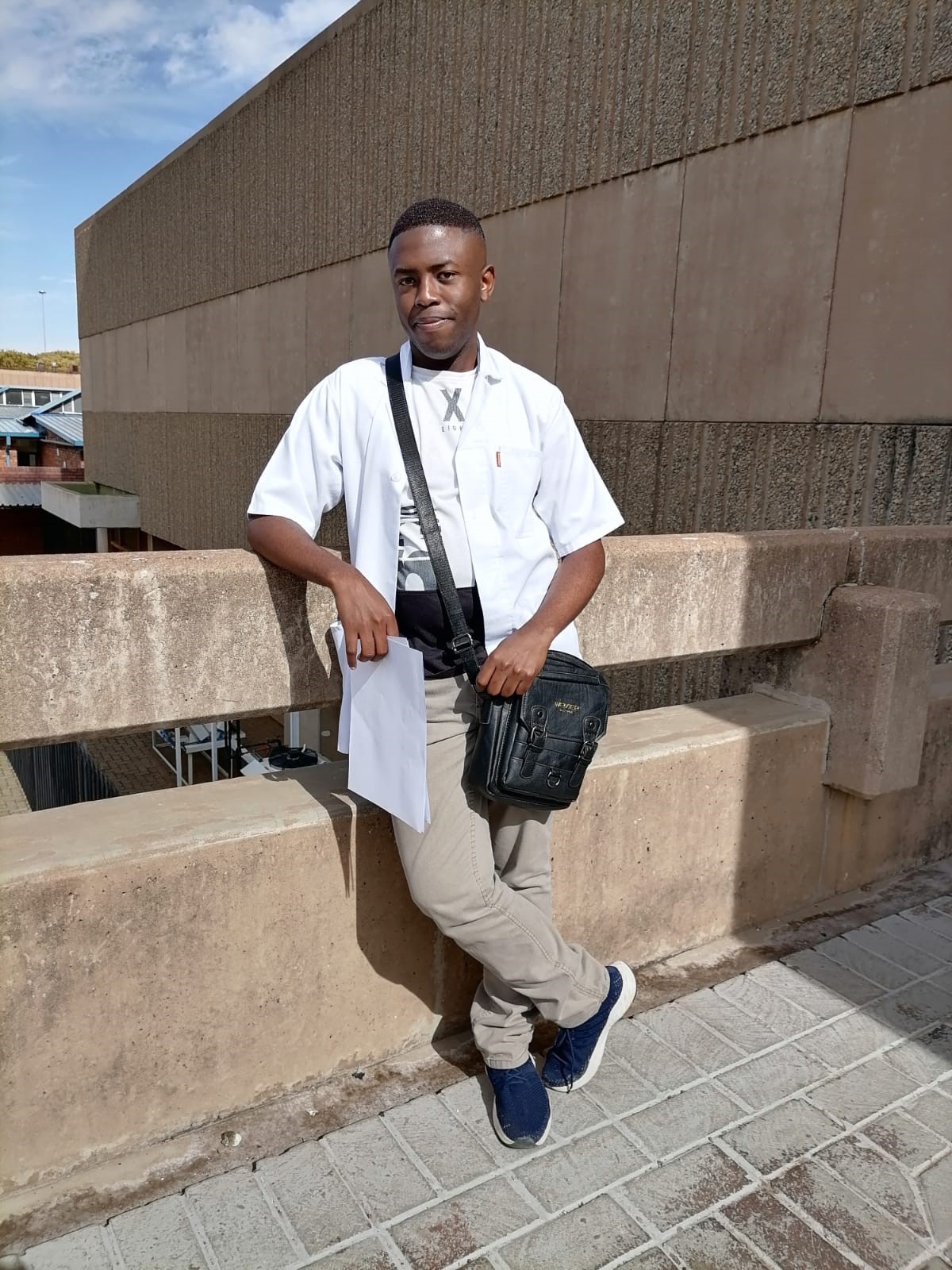Kgothatso Legong, fourth year medical student at Sefako Makgatho Health Sciences University, looks back at the internal medicine rotation
______
Before I began my rotation in internal medicine, I had to check what this specialty was about. I was confused when my seniors referred to the specialists in this department as internist. Remarkably, those internists made my six weeks with them phenomenal, to say the least.
Even though the term ‘internist’ is not as popular in South Africa compared to the United States, it is sometimes used. An internist must not be confused with an intern, which is a medical doctor with a medical degree but does not have the license yet to practise medicine unsupervised. An internist, rather, is a medical doctor who has undergone postgraduate medical training in the field of internal medicine.
In our very first class, the course co-ordinator for fourth year came to welcome us into his department. He explained with emphasis the difference between internal medicine and family medicine. He told the whole class that internal medicine’s history taking must not resemble the one of family medicine in terms of length and details contained therein. He went on to tell us that we must be precise – every statement we report must relate to the diagnosis one is hoping to archive. Either that statement is supporting your diagnosis or refuting it.
The internal medicine registrars were very kind and patient with us. During ward rounds, they would make sure we understood what was being discussed by our seniors. This was because we were still new to clinical years and some of the medical terminology and abbreviations we might not know.
When it was time for fourth years to present, they would listen very closely to what we had to say, and at the end of our presentation they would praise our successes and go on to politely correct our errors.
Here are the two important points I have learnt during my rotation in that department:
1) History must be concise
When reviewing one’s history, and it seems to include things which did not influence the patient’s illness, you might be oversharing. Such is reporting on a patient’s location even though the patient’s heart condition has nothing to do with geographic location. Or reporting the patient is on a certain type of diet which is unrelated to the pneumonia they might have. Internists, unlike family physicians, do not focus much on holistic health, but rather focus on a specific system of interest.
2) Adult patients are easier to work with
In contrast to paediatrics, older patients can co-operate with you more as they understand your instructions very clearly and do not see you, a clinician, as someone who just wants to take them away from their parent. The are also able to respond and tell you details of their pain like where it hurts and when did the pain start; kids can’t do such depending on their age.
The time spent in the clinical wards of internal medicine was very fulfilling. I cannot wait to return to this rotation in the next coming year.

______
To read more student articles like this visit our student hub.